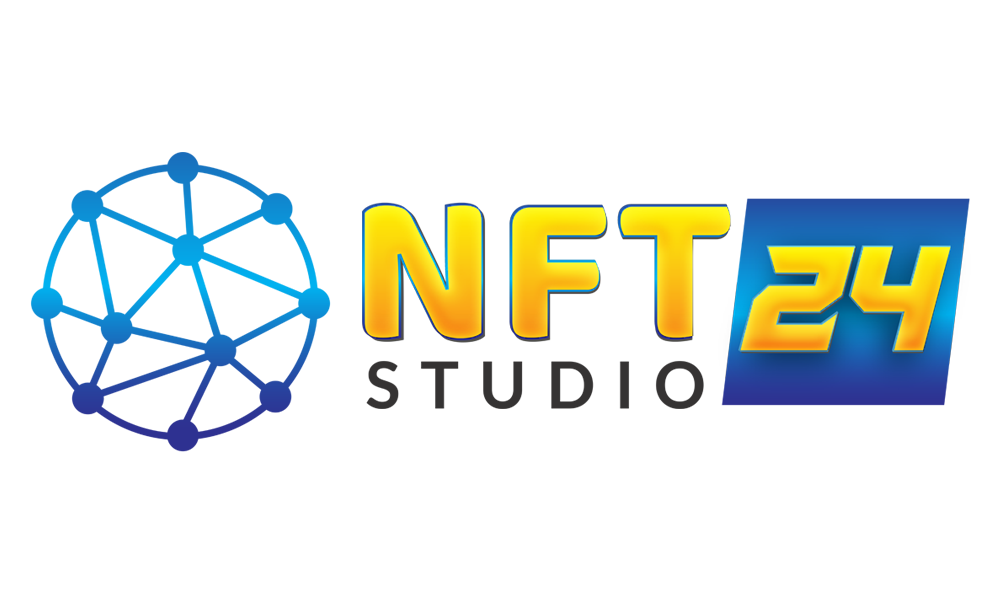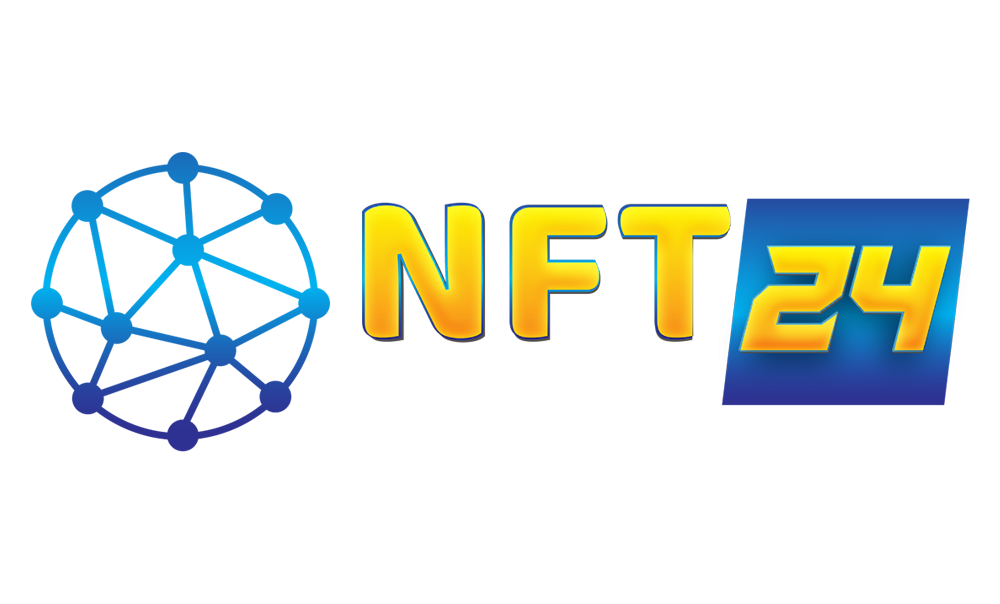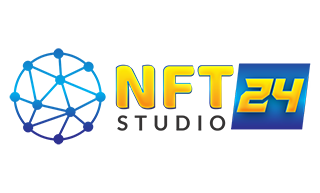Artificial intelligence (AI) is expected to have a previously unheard-of impact on the workplace as 2024 approaches. Following an abrupt shift in 2023, employees are now better equipped to comprehend and accept AI’s evolving role in the modern workplace. This article examines five significant trends that will likely influence the workplace in 2024. These developments illustrate the range of AI’s growing functioning, from the benefits of variety to the difficulties presented by strict regulation. Workers must comprehend these trends to navigate this disruptive time and adapt to the changing nature of AI-driven workplaces.
How will AI Drive Widespread Inclusivity in the Workplace?
The first trend influencing the workplace in 2024 is the potential for artificial intelligence to develop into a useful tool for advancing diversity. Victor Santiago Pineda, the director of UC Berkeley’s Inclusive Cities Lab, thinks AI-powered assistive technologies might make things easier for workers with disabilities. Examples include text-to-speech and speech-to-text algorithms that provide visually and hearing-impaired users with more information while promoting their independence and sense of inclusion. Everyone will benefit from these technologies as they are utilized more often. One example is the creation of multilingual, real-time closed captioning, which will enable everyone to access a greater range of information.
Can AI Make Hiring and Layoff Processes More Equitable?
AI is already being used by human resource professionals to make hiring more equitable, and this progress has already been accomplished. However, issues such as algorithmic bias persist. Cynthia Dwork of the Hire Aspirations Institute is leading the push to identify bias in screening systems. AI is being used by multinational consulting firm Deloitte to retain talent by reallocating funds and optimizing worker locations to prevent layoffs. Even while the development of AI gives promise to a more varied pool of candidates, discrimination can remain. However, as awareness of job discrepancies has grown, HR professionals are being forced to challenge implicit assumptions and strive for fairness.
How Will AI Center Diversity in Hiring and Training?
AI has an impact on workplace diversity that extends beyond hiring. As AI technologies advance, regulators may choose to focus on funding worker inclusion programs in the public and private sectors. The US Equal Employment Opportunity Commission’s Strategic Enforcement Plan places a high premium on overcoming employment discrimination in the future with the use of artificial intelligence. Recently approved EU AI law requires HR data and procedures to follow standards for workers’ rights, promoting inclusive technologies and customized educational programs. By including diverse teams in AI research, prejudice at the algorithmic level must be addressed to prevent exclusionary tendencies from the outset.
Will Employees Embrace Working with AI, and How Will Employers Support Upskilling?
Experts anticipate that rather than worrying about job loss, workers will coexist with AI and change and adapt to its presence. According to a 2023 poll conducted by Jobs for the Future’s Center for Artificial Intelligence & the Future of Work, upskilling is essential. The majority of respondents believe that learning new skills is necessary to thrive in an AI-driven workplace, and younger employees—particularly millennials and members of Generation Z—feel pressured to brush up on their expertise. It is expected that businesses would take the initiative and offer upskilling resources, including mentoring programs, in-office seminars, partnerships with university institutions, and exposure to other business fields. Investing in upskilling gives workers a competitive advantage in the dynamic labor market and fosters employee success.
How Will AI Regulation Struggle to Keep Pace with Technology?
Despite all of AI’s benefits, when these advancements are implemented, regulatory barriers can appear. As AI grows increasingly ubiquitous, tech CEOs are calling for defined boundaries to protect the rights and employment opportunities of a diverse human workforce. However, considering the speed at which AI technology is evolving relative to regulatory efforts, there is reason for alarm. Effective regulation requires global collaboration between corporations, governments, and academic academics. The lack of a thorough and flexible regulatory framework creates concerns about employment protection, workplace privacy, and industry developments. To lower employee stress, anxiety, and burnout, these factors must be addressed, as demonstrated by the American Psychological Association’s 2023 Workplace in America report.
AI Empowering Diverse Abilities
The idea that AI will encourage diversity is the first trend that will likely cause significant changes in the workplace in 2024. The director of UC Berkeley’s Inclusive Cities Lab, Victor Santiago Pineda, believes that assistive technologies powered by AI have the potential to be incredibly helpful tools for employees with disabilities. Speech-to-text and text-to-speech algorithms are examples of future breakthroughs that will offer more information to those with visual and hearing disabilities. This not only makes things easier for those with disabilities, but it also increases their independence and sense of belonging. As machine learning solutions targeted at helping disabled workers become more prevalent, good change has begun to trickle down. For instance, complex real-time multilingual closed captioning driven by large-scale language models ensures that more information is accessible to everybody, erasing barriers.
There may be advantages for certain groups within the workforce as well as for the workforce as a whole if AI technologies created to assist those with impairments are widely used. This trend signals the arrival of an era in which technology will be leveraged to enhance the lives of employees with diverse skill sets and raise everyone’s standard of living at work. As we go through this inclusive AI era, embracing these technological advancements becomes crucial to creating an inclusive workplace that values diversity and equality.
By the year 2024, artificial intelligence will unquestionably be a constant in the workplace. The five trends show how quickly AI is changing and how it affects different aspects of working life. The workforce is adjusting to the revolutionary impact of artificial intelligence (AI) by encouraging diversity and upskilling efforts, as well as supporting inclusion and equitable hiring. To guarantee a balanced integration of AI into the workforce, cooperation is crucial, and the need for appropriate regulation is still a critical problem. To succeed in the rapidly evolving world of AI-driven workplaces, employees must keep aware of these trends and take proactive measures.












